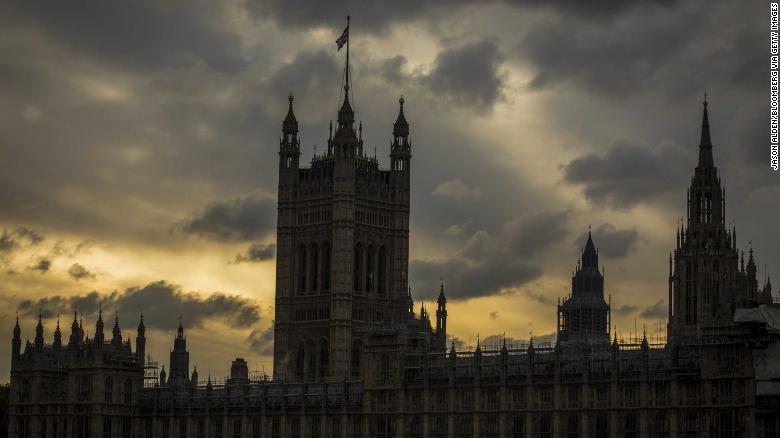There were never more women in UK Parliament. Now there’s an exodus

In total, six female politicians have resigned since Monday because of the difficulties of being an MP, personal circumstances, or due to threats. The exodus comes after a record number of women were elected to Parliament in the 2017 election. Culture secretary and Conservative MP Nicky Morgan was the latest to resign on Wednesday evening, saying that the “the clear impact on my family and the other sacrifices involved in, and the abuse for, doing the job as a modern MP” were behind her decision. Liberal Democrat MP Heidi Allen also wrote in a letter on Tuesday that she would be standing down ahead of the election because she is “exhausted by the invasion into my privacy and the nastiness and intimidation that has become commonplace.””Nobody in any job should have to put up with threats, aggressive emails, being shouted at in the street, sworn at on social media, or have to install panic alarms at home.”CNN interviewed Allen earlier this month, who said it had become “normal” for British politicians to take extra security measures to feel safe while doing their jobs in a heavily polarized political climate.British politicians say they’ve received an unprecedented number of threatening messages since the UK’s vote to leave the European Union in 2016.One man who harassed Allen by sharing aerial images and detailed information about her home to what she said was his “hard Brexit, right-wing network” was eventually jailed for his threats. However his effect on Allen’s life remained even after he was imprisoned, when she installed permanent panic buttons, security lights and industrial locks around her home.MPs face abuse on social media in person for their stances on Brexit, and women on the front line of British politics have experienced an unnerving level of abuse — ranging from harassment to outright threats of rape and murder.Tory MP says it’s ‘not surprising’ women are quittingCaroline Spelman and Mims Davies are two other female Conservatives who announced they were standing down.On Thursday Spelman wrote for The Times in the UK that it’s “not surprising that so many good female colleagues have decided to stand down at this election” after the prevalence of “sexually charged rhetoric” on social media, “with threats to rape us and referring to us by our genitalia.”She said “female candidates are deterred” from entering the political sphere as a result.There are also a number of senior male Conservative MPs who are standing down ahead of the December 12 election. They include Jo Johnson, the Prime Minister’s brother; Ken Clarke, the longest serving member of Parliament; and veteran Alistair Burt. ]]]]>]]>Earlier this year, London Metropolitan Police chief Cressida Dick told a parliamentary committee that officers had seen a “very considerable rise” in the number of threats received by MPs and that statistics showed crimes had doubled from 151 in 2017 to 341 in 2018.Those targeted disproportionately are women and BAME (Black, Asian and minority ethnic) MPs — across the political spectrum. Among those abused the most is Labour’s Shadow Home Secretary Diane Abbott, who was the UK’s first female black lawmaker.A report by Amnesty International found that ahead of the 2017 election, 45% of abusive tweets were aimed at her and amounted to an average of 51 abusive tweets a day.”It’s the volume of it which makes it so debilitating, so corrosive and so upsetting,” Abbott told Amnesty. She added that the kind of abuse she receives makes “younger women of color very hesitant about entering the public debate and thinking about going in politics.” ]]]]>]]>The memory of Labour MP Jo Cox, who was murdered by a far-right extremist after a public meeting in 2016, is a reminder of how very real threats can be. She was the first British lawmaker to be killed in office since a Conservative MP was killed by an IRA car bomb in 1990.As a result of those growing threats, Cox’s murder and a 2017 terrorist attack outside the Houses of Parliament, spending on additional security assistance for UK lawmakers increased to £4.2 million ($5.4 million) in 2017-18 from £2.6 million the previous year.





